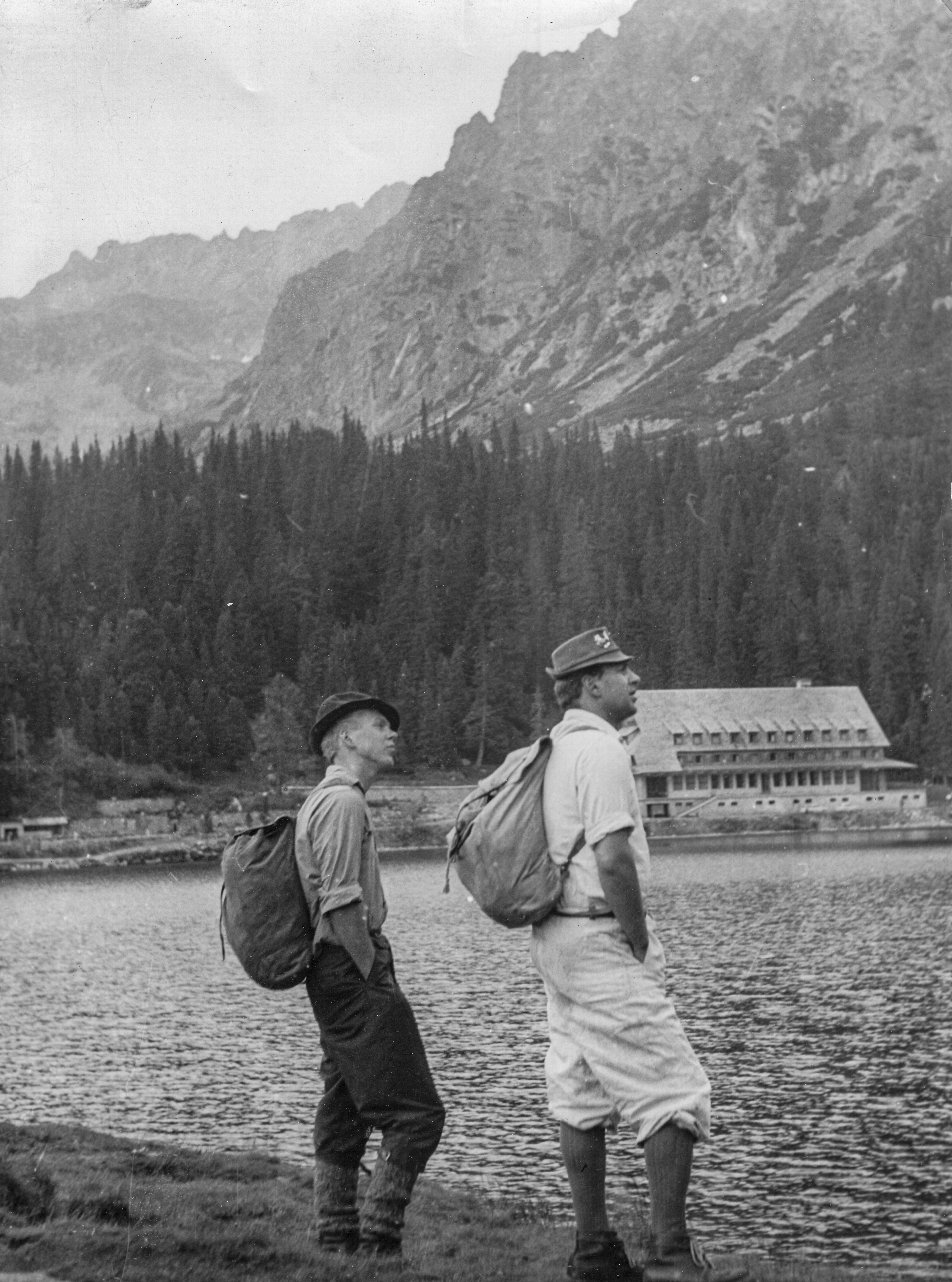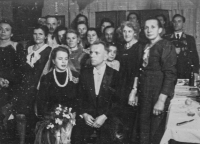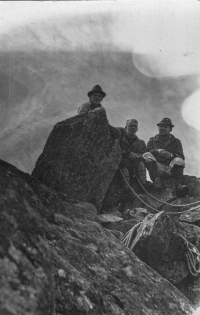Smuggling? That‘s just a pejorative term for exchanging goods

Stáhnout obrázek
Tomáš Schreier comes from a mixed Czech-German marriage. He was born in Zittau, Germany on 26 January 1948. One year after his birth the family moved to the vacated borderland, specifically to Hrádek nad Nisou where the Czechoslovak government offered them a dwelling and a job. Tomáš grew up in the immediate vicinity of the barbed wire and the heavily guarded border that separated Czechoslovakia from the GDR until 1963. From that year onwards, he would visit Germany regularly, both legally via crossings and illegally across the ‚green border‘. An avid mountaineer, he maintained contacts with German mountaineers. In addition to sports meetings on Czech and German rocks, they also smuggled goods across the border in both directions. However, this was just help on a case-by-case basis. On 21 August 1968, Tomáš Schreier was serving with the military in Komárno, Slovakia where he witnessed the arrival of the „brotherly“ Hungarian army to occupy Czechoslovakia across the Komárno Bridge. As a successful athlete with contacts abroad, excellent knowledge of German and a passion for travel, Tomáš Schreier was an ideal candidate for cooperation from the point of view of the State Security Service (StB). For the sake of bein allowed to travel to the West, he initially agreed to collaborate, but according to his statements as well as actual records on file, he did not actually deliver and the collaboration was soon discontinued. Tomáš Schreier welcomed and supported the changes in 1989 and still stands by this attitude. At the time of filming in 2024, he was living in Hrádek nad Nisou.





















